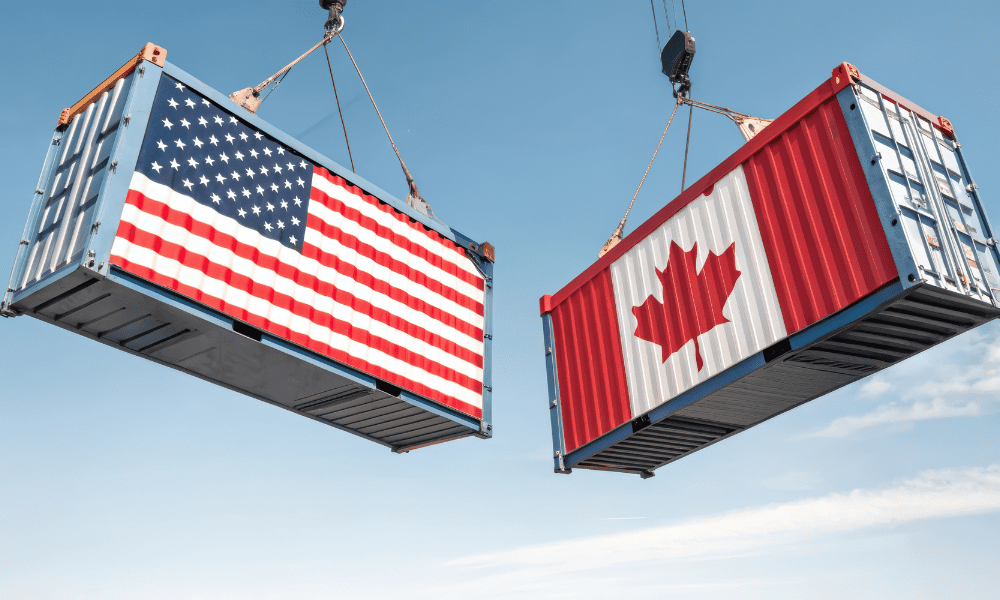
A tariff war between the United States and Canada could have several consequences for the Greater Toronto Area (GTA) real estate market, depending on the scale and duration of the dispute.
We are certainly hoping this is just negotiation posturing, but here are some key potential impacts in the short-term and in the longer-term:
Increased Construction Costs
If tariffs are imposed on materials like lumber, steel, or aluminum, construction costs for new homes and condos could rise. This would likely lead to higher prices for buyers and potential slowdowns in new developments.
Builders might delay or cancel projects if costs become prohibitive, tightening housing supply and further pressuring affordability.
Economic Uncertainty & Consumer Confidence
A trade war could lead to slower economic growth, job losses, or a weaker Canadian dollar, making buyers hesitant to make large financial commitments like purchasing homes.
Businesses affected by tariffs (such as manufacturing and export-driven industries) may cut jobs, leading to reduced demand for housing, especially in areas with high employment in those sectors.
Interest Rate & Mortgage Implications
If tariffs drive inflation higher (due to costlier imported goods), the Bank of Canada may raise interest rates to control inflation, making mortgages more expensive.
On the other hand, if a trade war slows economic growth, the Bank of Canada could keep rates lower for longer, which might support real estate activity. This seems to be the most likely scenario, but time will tell.
Impact on Foreign Investment
A prolonged tariff war could weaken the Canadian dollar, making GTA real estate more attractive to foreign investors looking for a discount.
However, economic instability could also deter some foreign buyers, particularly those from the U.S., who may see greater risks in the Canadian market.
Recently, the foreign buyer ban was extended to 2027, however there are still certain property types and locations that are excluded from this ban.
Changes in Trade-Dependent Sectors
The GTA has significant employment in industries like auto manufacturing, technology, and financial services — all of which could be impacted by tariffs.
Job losses in these sectors could lead to a slowdown in housing demand, particularly in regions with high concentrations of affected workers.
Rental Market Effects
If economic uncertainty leads to fewer home purchases, more people may choose to rent instead of buy, driving up demand and prices in the rental market.
At the same time, a slowdown in construction could limit rental supply, further pushing rents higher.
Overall Outlook
The actual impact would depend on the severity and duration of the tariff war.
Short-term disputes might have minimal effects, but a prolonged trade war could slow the GTA housing market, increase costs, and create uncertainty for buyers, sellers, and investors.